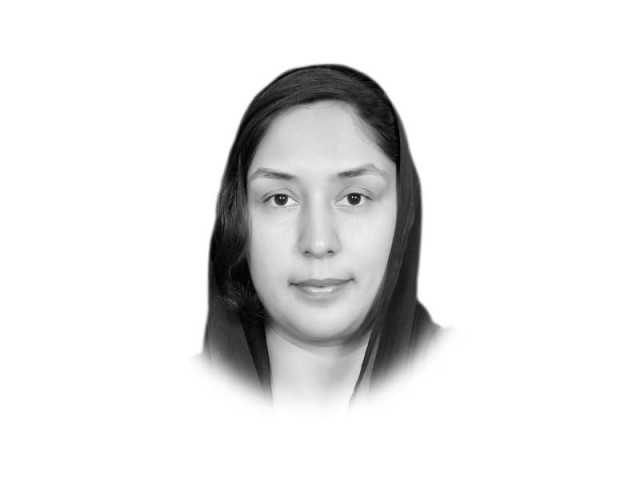Improving governance
Governance is to manage a country’s economic, political and administrative affairs

The writer is a researcher at the Islamabad Policy Research Institute
As per the findings of the Corruption Perceptions Index, released by Transparency International, Pakistan ranks at 116 out of 176 countries for the year 2016. The Father of the Nation referred to corruption as “poison” in his speech to the Constituent Assembly on August 11th 1947. Unfortunately, corruption in Pakistan is rampant in all segments of society. The tradition of nepotism and political recruitments has spawned a culture of ‘uncontrolled corruption’, thereby the working environment discourages honesty and compliance with duty. The access to the institutions of governance for common citizens is difficult, time consuming and costly. The deteriorating conditions of the agriculture and industrial sectors have led to unemployment. The educated jobless youth out of frustration indulge in crime and other evils.
To bring an end to the corrupt practices and promote equitable, accountable and democratic norms, and end the mal-governance, require legislation followed by effective implementation/enforcement. Parallel to this should be an independent judicial system in which the dispensation of justice must be irrespective of class, creed and religion. Stable economic growth is also one of the major components of good governance. Government should create an investment-friendly environment in order to boost the economy and industrial activity. A major area of reforms in Pakistan is to create space for the growth of new entrants in the private sector by removing bureaucratic constraints. Law and order should be made conducive and encouraging for foreign investors, so that FDI may be enhanced for the ultimate benefit of the nation. Private sector participation needs to be encouraged at all levels. The objective should be to create a conducive environment wherein both the public and private services can function side by side, and contribute towards the development of the country. Also, to further rule out the uneven allocation of resources, and ensure the proper utilisation of resources at the grassroots level, the federal government has to keep a watch over the functioning of the local/provincial governments.
In Pakistan, the tax system lacks fairness. There needs to be continuity in the budgeting policies. The projects undertaken during one government’s tenure should be completed even if a new government takes over. Loans to start mega projects should be made public and accepted after a debate has been conducted and consensus reached. This would enhance the public’s confidence in the government.
Education is another area which needs to be focused. Imparting education and creating awareness among the masses can bring a positive change in development, thus, contributing immensely towards good governance.
Lastly, a free and responsible media can play a positive role in nation-building. Whether the media highlights the policies of the government or criticises its malpractices, the projection should be balanced and not result in maligning the image of Pakistan. Likewise, the media also needs to portray the progressive side to the outside world.
Published in The Express Tribune, September 30th, 2017.
Like Opinion & Editorial on Facebook, follow @ETOpEd on Twitter to receive all updates on all our daily pieces.

















COMMENTS
Comments are moderated and generally will be posted if they are on-topic and not abusive.
For more information, please see our Comments FAQ